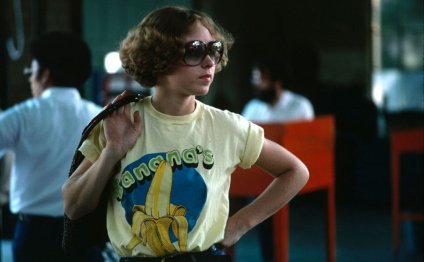
African American Fashion trends
Shruthi Venkatesh is a third-year when you look at the university studying Economics and Sociology.
Ebony dandyism is increasing. Blog sites like Street Etiquette target African-Americans, trying to broaden the cultural prototypes usually marketed to youthful black colored males and “show individuals of African descent in a light”.11. Caramanica, Jon. “Pushing the Boundaries of Black Style.” Fashion & Style. The Brand New York Instances, 17 Aug. 2011. Web. 1 Sept. 2011. Outfitter-boutiques just like the Chicago-based Sir & Madame and Philadelphia’s Armstrong & Wilson, along side various other designers, have actually similar motives: These entrepreneurs attempt to shape what it indicates to look “black, ” and as a consequence to offer the planet a “different perception of younger black colored man”.1
Progressively, manner parts track and praise these revolutions in “black design.” For example, the latest York days Fashion section commented on revolutionizing brands, meets, colors, habits, etc that characterize how African-American folks present themselves1. This article claims that brand new period of “black style” re-invigorates traditional “black” means of representing yourself by pinpointing with an early on, pre-hip-hop aesthetic: it replaces baggy pants, t-shirts, and bling with connections, tweed, and cardigans.
At first glance, this kind of news protection, combined with extremely notion of “black fashion” appears innocuous: we’re informed that African-American style developers tend to be producing appearances designed for African-American people, and also the news is mirroring the trend in “black fashion.” But a fast look into nearly any ad, from university pamphlets to garments catalogs, reveals that race-specific marketing techniques seem to be widely widespread; there isn't a great deal a ‘mirroring’ process as there is certainly one of substance creation and appropriation between media and market. “Black fashion, ” as any racially targeted style range, makes use of style as an automobile to celebrate the “source of dignity” in black heritage, and it is then prima-facie unproblematic. But behind the thought of “black manner” and its particular promotion lies a potentially dangerous essentialism, and a culture of ‘us’ versus ‘them’.
Usually, every manner and style of clothing is marketed to a certain cultural, personal, or cultural demographic. Tightly fitted bodices and corsets were marketed for wealthy socialites before hundreds of years; the 19th century metal-hoop skirt specifically ended up being made for top of the class women. These types of techniques stay in the office these days. For instance, the preppy look is promoted on rich (think Burberry) or those that would wish to be among them (think J.Crew); affordable, brilliant prints and miniskirts tend to be marketed to younger, working females (Ann Taylor); geometrical images, unconventional stitching, and uncommon fits tend to be often times marketed to university students (Urban Outfitters). However, producing a line of clothes to suit a specific racial paradigm is challenging as it codifies and promotes an explicit outward difference between events. Fashion — composing, by its extremely nature, the fabric of sociality — therefore functions to perpetuate inequality between your demographic it presents and the ones it rejects.
RELATED VIDEO



Share this Post
Related posts
Winter Style
WinterStyle.com specializes in premium quality winter months outerwear accessories. Discover the seasons hottest winter months…
Read MoreTop Spring Fashion trends 2015
By categorizing past apparel-related queries according to similar search-demand patterns, we were able to differentiate…
Read More










